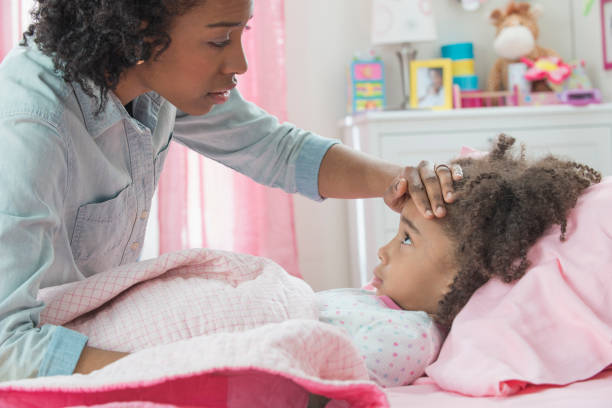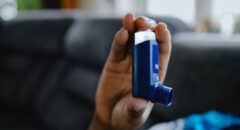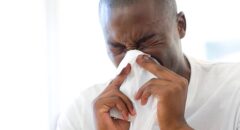
The last four months of the year are always the most eventful time of the year with the drastic dip in the weather due to fall and winter, preparing for the holidays, all the good food you can eat and all the money to be spent. The last quarter of the year is always set to bring joy and laughter every year. Though joy and laughter aren’t the only things that the fall and winter bring. They also bring about health concerns. This time of year is when different illnesses are usually more prominent and easy to catch. You may know about the flu and a regular cold but do you know about RSV as well? Yes, that is an illness that could really affect you and your family, here’s how.
What Is RSV?
Otherwise known as respiratory syncytial virus, RSV is a virus that causes infections in the lungs and respiratory tract. With similar symptoms as a cold, if you are diagnosed with RSV you may experience symptoms such as sore throats, sneezing, low fever, dry cough and headaches.
In more severe cases the symptoms may look like severe cough difficulty or rapid breathing, wheezing, and a change of skin color (blush) due to lack of oxygen. An RSV infection can spread to your lower respiratory tract and can lead to bronchitis and pneumonia in severe cases because of the damage it does to your airway passages.
This virus can easily spread through the air by infected respiratory droplets. RSV can enter the body through the mouth, nose or eyes so a simple cough or sneeze from someone standing next to you who has RSV can lead to you being infected.
RELATED: Doctors Answer Your Questions About RSV
Who Is Affected By It The Most?
Though both children and adults can be affected by RSV, infants are severely affected by it the most. In infants, you’ll notice babies struggling to breathe, short or shallow breathing, lack of appetite and extreme tiredness or fatigue if a baby has been infected with RSV.
Unfortunately, it has been proven that every two out of three babies will be infected by respiratory syncytial virus by age 1 due to how easily this virus can spread. If your child attends daycare or has siblings who attend school, then your small infant is at a higher risk of developing RSV.
Children or adults with weakened immune systems, children or adults with heart or chronic lung disease, premature infants and adults older than 65 are all people who are at a higher risk of developing severe or life-threatening RSV infections.
How To Protect Yourself And Your Family This Season
It’s extremely important to be mindful of this sickness when it comes around, especially if you are someone who is already living with respiratory issues such as asthma. This can cause extreme difficulty breathing and bring on severe cases of RSV because you already suffer from easily inflamed airway passages, so protecting yourself is key.
There’s no form of vaccine to prevent RSV, but there are ways you and your family can protect yourself from getting sick.
When sneezing or coughing, cover your mouth with your arm and not your hand. Wash your hands frequently and teach your children to








